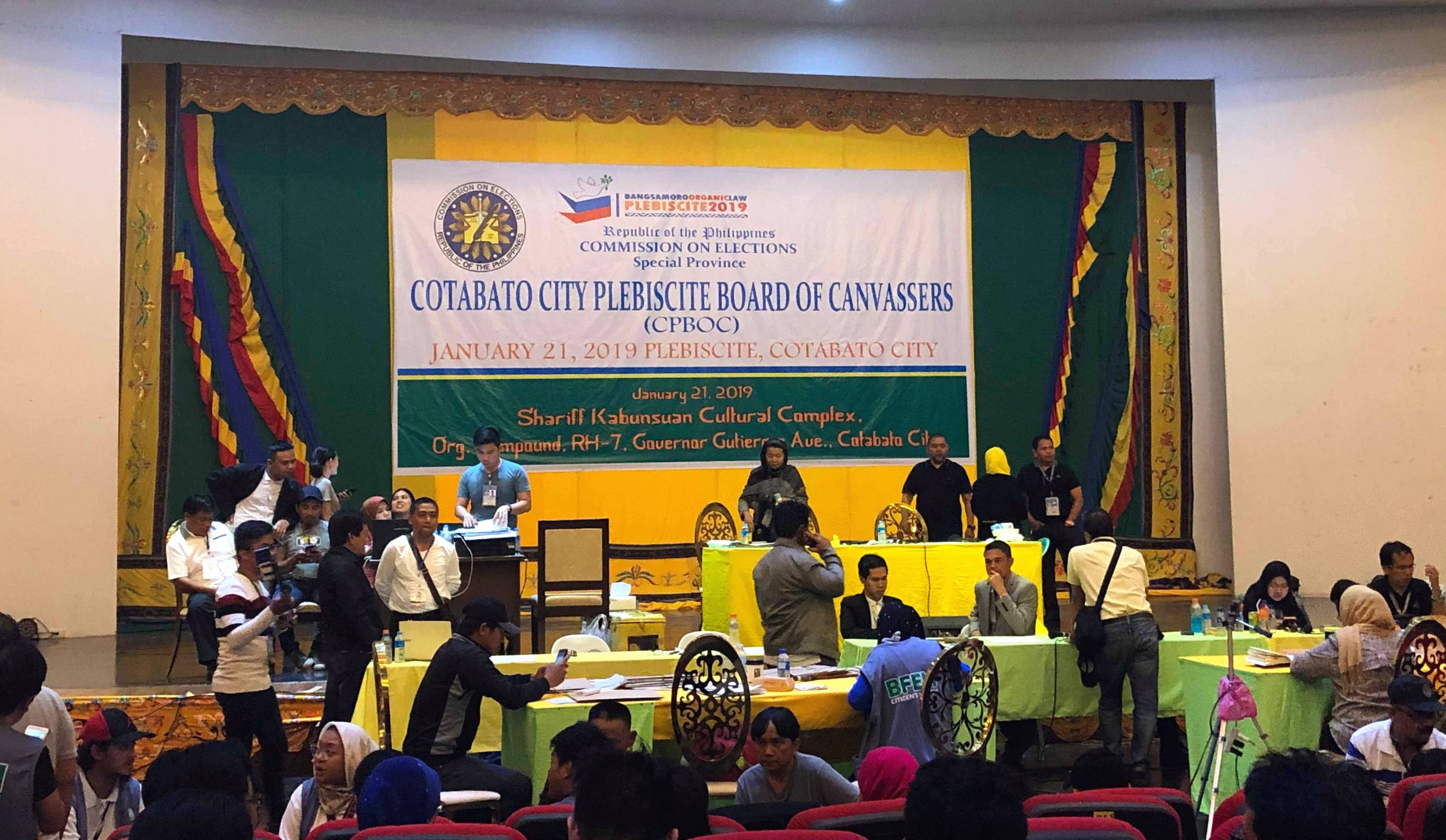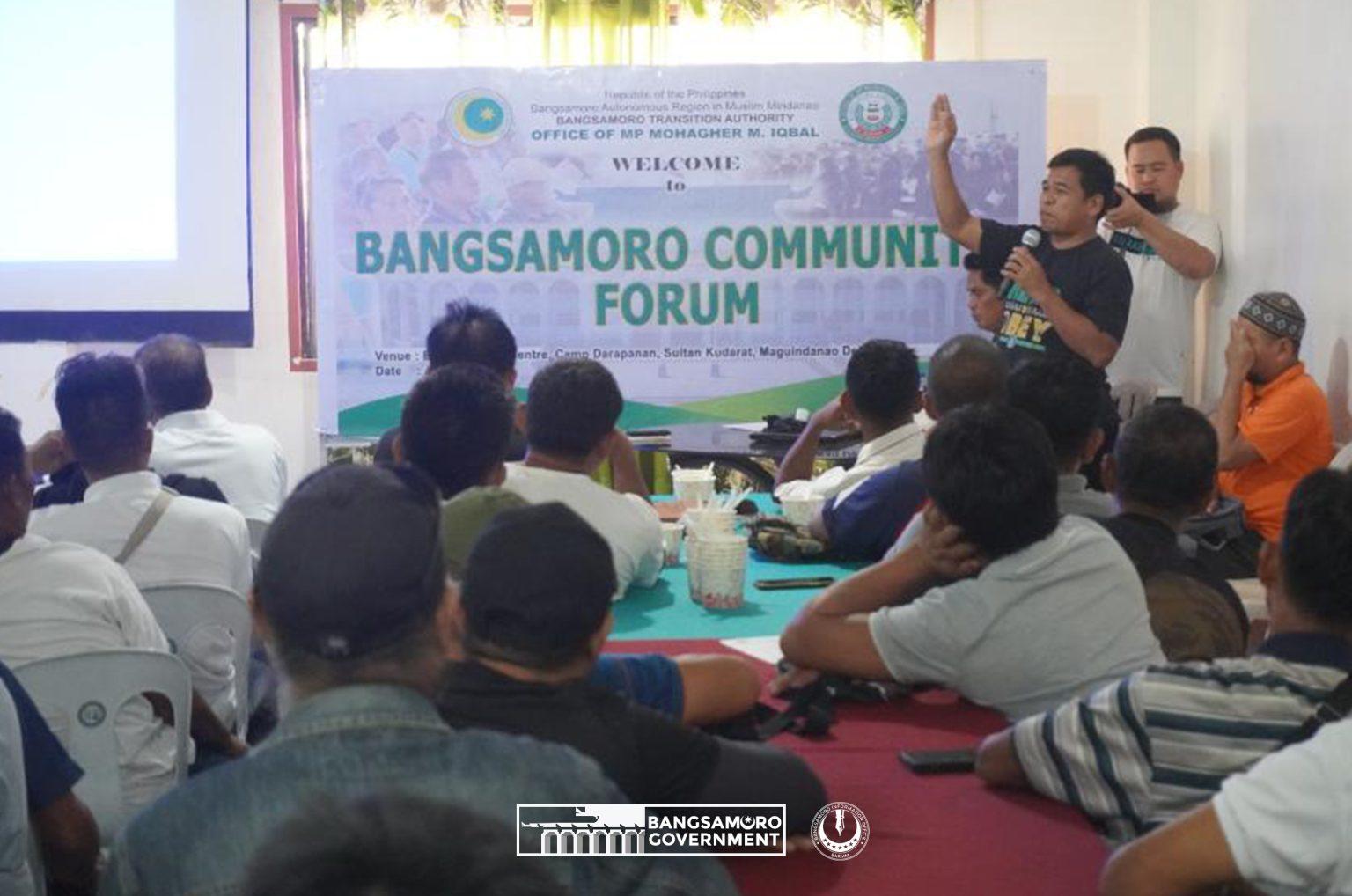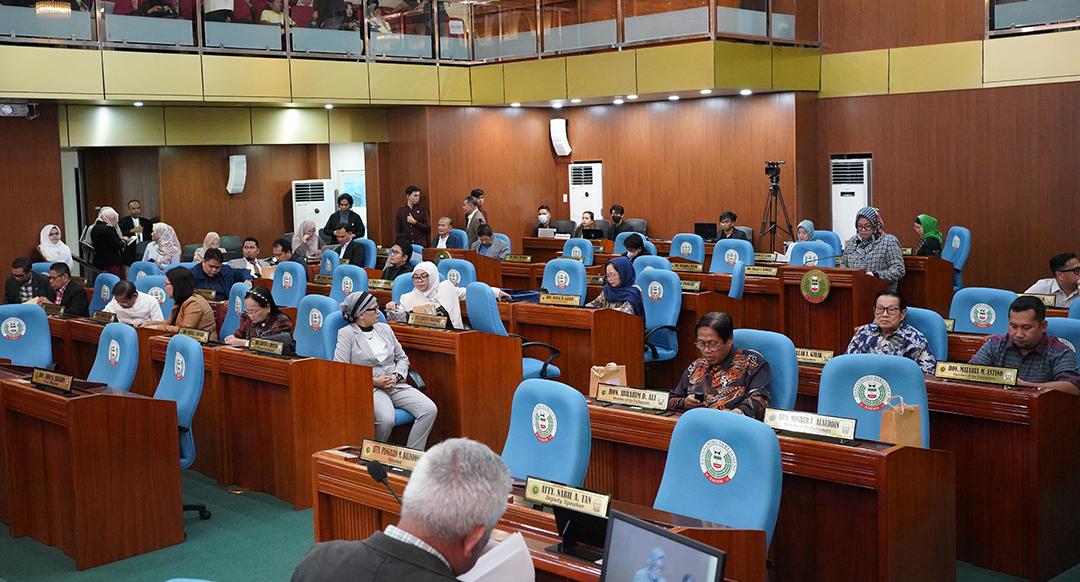Peace in the Bangsamoro Autonomous Region in Muslim Mindanao (BARMM) is at risk of faltering due to unfulfilled conditions of the 2014 peace agreement and continued local skirmishes, according to non-profit organization International Crisis Group (ICG).
The peace pact granted a degree of autonomy to the political entity, which replaced the Autonomous Region of Muslim Mindanao (ARMM).
In a report released May 1, the ICG stated that challenges surrounding the decommissioning or phased disarming of firearms, growing discontent over “perceived corruption and nepotism,” and delayed normalization for ex-rebels remain obstacles to obtaining long-lasting peace in the region.
Slow transition and peace deal contentions
BARMM’s transition towards full regional autonomy was supposed to be completed in time with the region’s first parliamentary polls set for May 2023. But former president Rodrigo Duterte postponed the elections to May 2025 after the pandemic hindered the Bangsamoro Transition Authority (BTA) from “institution building.”
As of writing, the ICG noted only three of seven “priority codes” required to fully transition from the ARMM have been passed. The Bangsamoro Electoral Code, passed on March 9, was the most recent.
Aside from passing priority legislation, clan politics remain an obstacle to enduring peace in the BARMM. “The MILF may still be in charge of the interim regional parliament, but it faces challenges from the clans in the provinces and in Manila, where the big families have at least as much leverage,” the ICG wrote.
The non-profit group cited the consultations for the Bangsamoro Local Governance code as an opportunity to discuss the delineation between regional and provincial powers.
Beyond politics, the ICG noted several contested aspects of the peace deal brokered in 2014. Among these is the decommissioning process of the Moro Islamic Liberation Front’s (MILF) armed wing, the Bangsamoro Islamic Forces.
The ICG also cited the disconnect between the number of fighters and weapons listed for decommissioning, the government’s slow rollout of its promised socioeconomic packages and amnesty to ex-rebels, and the presence of “private armed groups” as reasons that made MILF fighters hesitant to give up their arms.
“Although these militias pose no threat to national security, Manila needs to get serious about dismantling them,” the ICG stressed.
“Camp transformation,” a program to convert MILF camps into communities, is also plagued with issues of land ownership, especially for the non-Moro indigenous communities living near camps.
The ICG recommended the national government “seek a better understanding of the former rebels’ needs,” clarify “what it can deliver in the politically 2024-2025 period,” and deliver aid to the MILF communities that “received the least support.”
It further suggested amendments to the decommissioning process as a possible agreement between the government and MILF to increase the number of firearms to be decommissioned, among others.
Continued skirmishes
Although parts of BARMM remain relatively free from conflict, the ICG said that occasional armed clashes remain a threat to the region’s stability. The non-profit estimates at least 23 clashes between Moro groups occurred between July 2022 and April 2023, resulting in at least 90 deaths and 40 injuries. The ceasefire between the government and the MILF was also breached in November 2022.
Locals are worried that other militant groups could trigger state security operations and displace civilians.
The ICG also cited the “ineffective coordination” between the BTA, local government units, police, military and former rebels as among the factors threatening stability. An MILF commander told the group, “Everyone claims to be an authority… yet no one can impose action.”
As a preventive measure, the ICG recommended the revival of local civilian monitoring and peacekeeping networks, as well as the formalization of relationships between former rebels and BARMM ministries through employment of MILF commanders in ministries or consultation services.
“Creating these linkages between the interim government and formal rebel commanders could make it easier to mitigate tensions and enforce rules,” the ICG said.
Read the ICG’s full report here.





